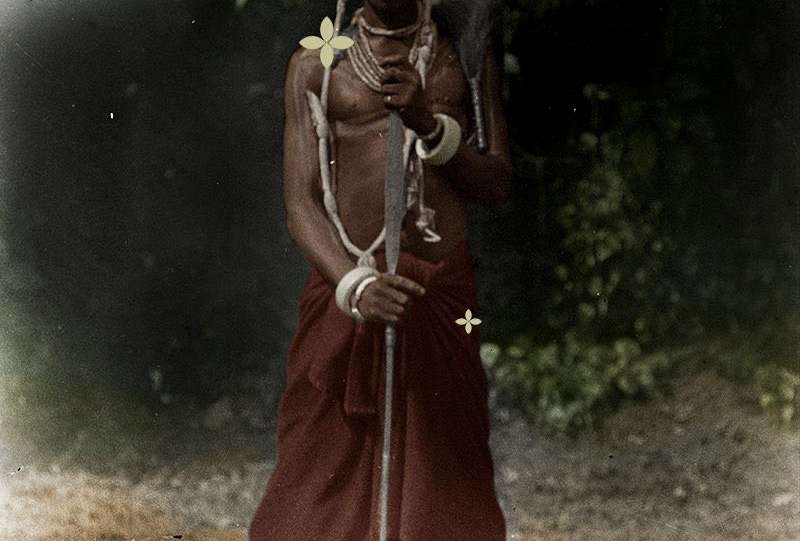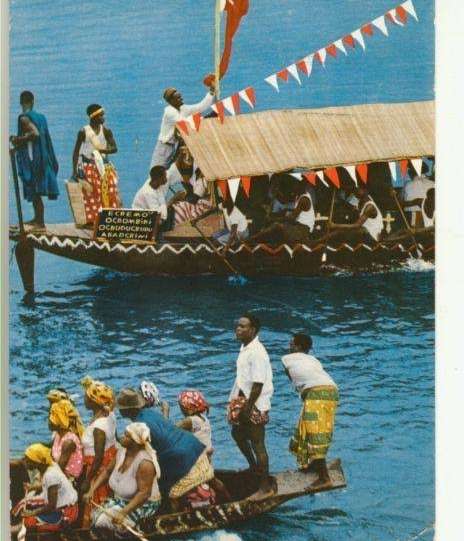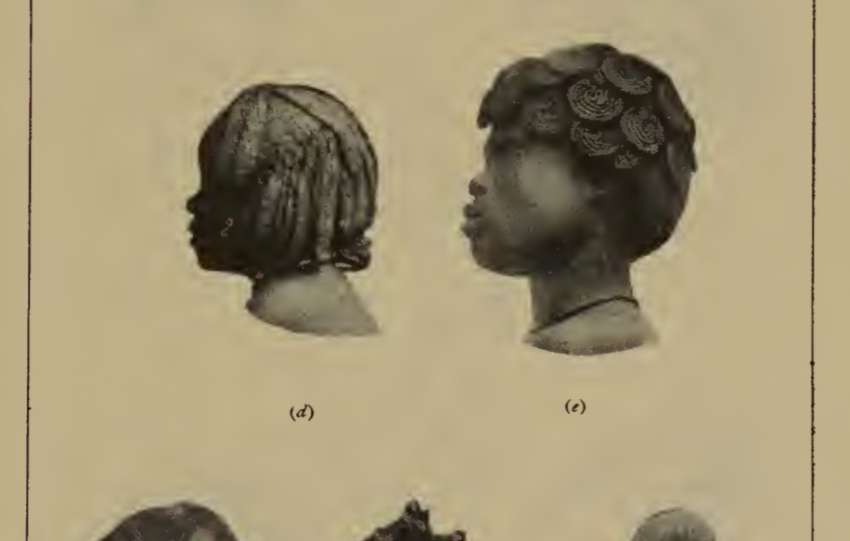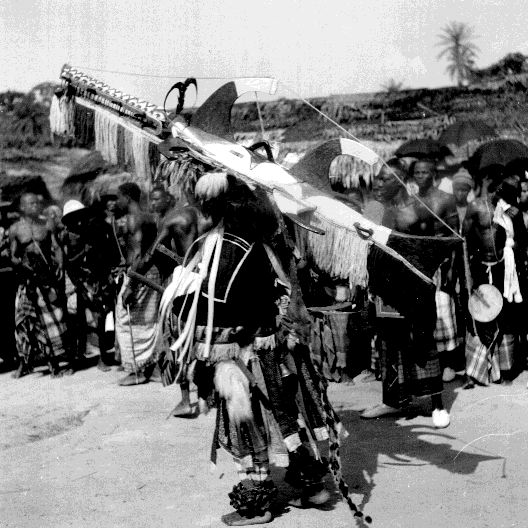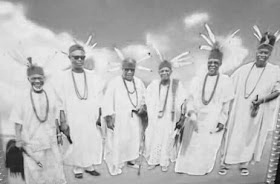
Egwu-Ota stands out as more than just a dance move in Ahaba, it embodies an important thread in the traditional, political, social, and spiritual institutions
Being a royal dance, Egwu-Ota is exclusive solemnly to the Obi and Asagba titleholders; the dance acts as a crucial rite that sharpens the leadership of Ahaba and gives honor to the ancestral traditions of the people.
The significance of Egwu-Ota cannot be overemphasized because it cuts across the core aspect of leadership of the people of Ahaba with huge implications on civic ceremonies, Omenani burials, and title takings; these are all reflected in the rich cultural heritage of the community.
In the Ahaba governance system, the Asagba is the leader of all Ndi-Eze, and the Asagba is also a representative of the authority in the Supreme Asagba-in-council, which is the apex of the traditional leadership of Ahaba.
The position of Asagba is beyond a title, the position is a revered sign of unity and continuity across the quarters of Ahaba
Nevertheless, to reach such titles, Obedience to traditional customs, like the Egwu-Ota necessary,
For any aspiring leader, performing Egwu-Ota during the second burial of their parents becomes a critical prerequisite to acquiring higher titles.
In the absence of this ceremonial glory, the lineage would not be eligible for advanced titles, further confirming Egwu-Ota as a rite of succession.
Egwu-Ota also bears revered culture and spiritual weight, It is heavily entrenched in Omenani Ahaba, Asaba social system, and is intricately involved in significant life events like burials, title-taking, and festivals.
Egwu-Ota amplifies the people’s respect for their ancestors; not performing Egwu-Ota mostly implies that the deceased ancestors remain in the realm of the earth, thereby barring the future generational descendants from attaining high, esteemed roles within the leadership of Ahaba.
Therefore, Egwu-Ota is way more of a traditional rite as it is also seen as a passage rite, a demarcation between the ancestors and the living, the dance is also an act of affirming the lineage of the people, fulfilling the tradition of Egwu-Ota in Ahaba is also a way of preserving a long-lasting legacy which ensures every generation pays respect and keeps the sacred way of life which defines the identity of Ndi Ahaba
©BETWEEN EGWU-OTA, TRADITIONAL POLITICAL INSTITUTIONS AND
GOVERNANCE IN ASABA, DELTA STATE, NIGERIA
©Mariam Asabe IYEH

